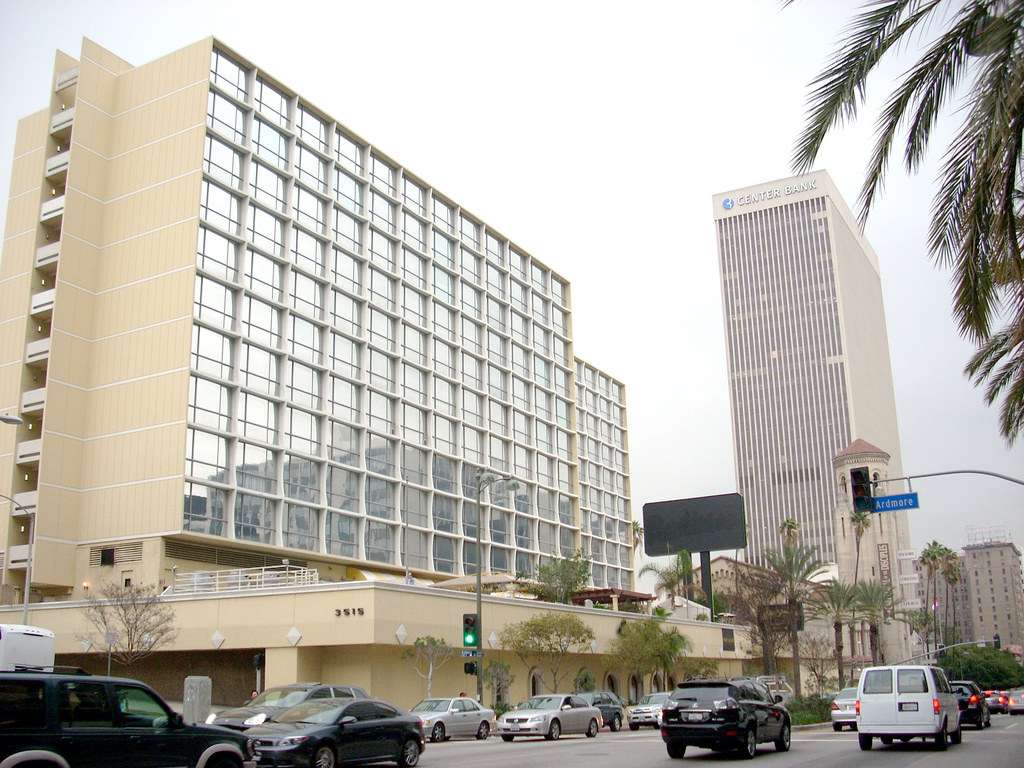L.A.'s Higher Minimum Wage for Hotel Workers Really a Tax on Non-Union Labor


Two hotel industry groups are suing in federal court of the massive wage hike Los Angeles is putting into place for workers at large hotels. The Los Angeles City Council is mandating a $15.37 minimum wage for hotel workers for hotels with at least 300 workers.
Actually, a correction: The jacked up minimum wage applies unless the workers are unionized and agree through collective bargaining to lower wages. From the Los Angeles Times:
Under the ordinance, hotels with a unionized workforce can be exempted from paying the $15.37 hourly wage, if workers agree in their contract to relinquish that opportunity. Hotels that face severe financial hardships also can be exempted.
The two groups bringing the lawsuit note that it gives unions a "powerful economic wedge" against hotel management, which is obviously what the intent is. It's a penalty for non-unionization. Similar exceptions can be found in other piecemeal efforts to jack up minimum wages in selected locations and industries.
So the goal of these minimum wage increases is not to actually mandate "living wages" for low-skilled workers, but rather to essentially coerce hotels in accepting unionization with the promise of collectively bargained cost controls. And when those hotels accept unionization, that means a payday for unions via new dues, even though it means the actual union employees will make less. Here's some analysis of how unions cash in from this loophole from Maxford Nelsen of the Freedom Foundation.
We also know that a previous increase in minimum wages for hotels by the Los Angeles International Airport has cost jobs. An analyst hired by the city (and then ignored) prior to this last vote to expand the minimum wage increase to other hotels determined that there was a 12 percent increase in hotel jobs in Los Angeles County compared to 2007, but hotels by the airport have seen a 10 percent loss in jobs over that same timeframe.
And that's the point, isn't it? What better way to get workers to accept unionization than to force a situation where they could be laid off unless their employers agree to unionized collective bargaining to keep wages down? But the unions will claim they're the ones looking out for the workers. And they'll blame corporate greed for any layoffs while counting their union dues off in the corner.


Show Comments (11)